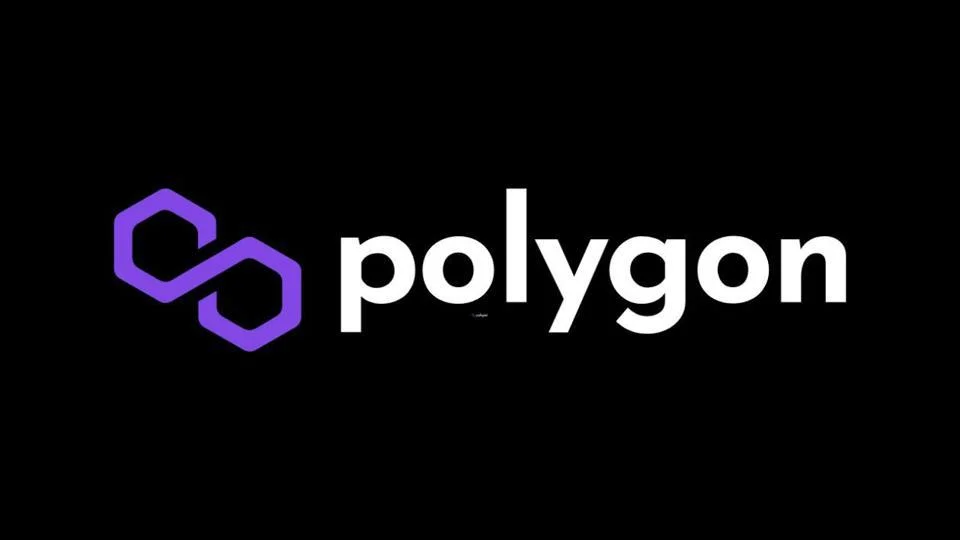The team transferred the POL token contract to the Ethereum network, eventually paving the way for it to substitute MATIC.

Polygon Labs announced on October 25 the launch of the Ethereum contract for the new Polygon token, POL.
The new token is intended to substitute the current token of the ecosystem, MATIC.
However, the team stated users do not need to exchange their MATIC for POL at this time.
The new token was created on October 25 at 9:06 a.m. UTC, per blockchain data. Its complete title is “Polygon Ecosystem Token.”
In the announcement, the Polygon team stated that POL would “power a vast ecosystem of zero-knowledge-based Layer 2 chains” by implementing a ‘re-staking protocol’ that permits token holders to stake it on multiple chains, thereby conducting multiple functions.
The launch of the token will pave the way for the implementation of other aspects of the Polygon 2.0 roadmap, including the launch of a new staking layer for the Polygon ecosystem, the upgrade of the current Proof-of-Stake (PoS) network to zkEVM layer-2, and the creation of a shared liquidity protocol for all Polygon networks, according to the post.
The team emphasized that no systems in the Polygon network are presently using POL.
Staking on Polygon PoS and Polygon zkEVM is still accomplished with the old token, MATIC, and gas fees on the PoS network are still paid for with MATIC.
Therefore, users, validators, and app developers are not required to convert their MATIC to POL at this time.
On June 29, Polygon Labs first announced the development of a new layer-2 ecosystem. The new ecosystem was dubbed “Polygon 2.0.”
The team announced on September 14 that Polygon 2.0 would use a new token called POL. At the time, however, the token was merely a proposal and had not yet been deployed on Ethereum.
The layer-2 ecosystem proposed by Polygon will use zero-knowledge proofs to validate network transactions.
It will encounter competition from Optimism Labs‘ Optimism ecosystem, which uses optimistic rollup technology to secure network messages.
